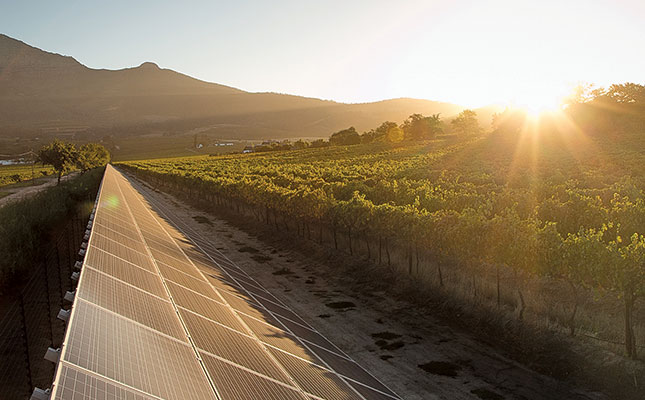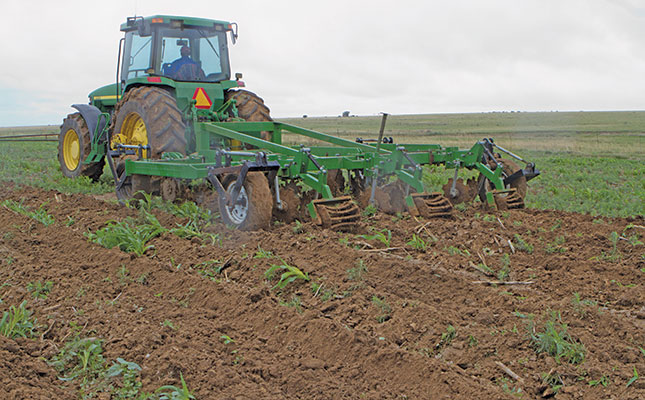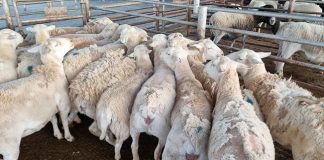
The Carbon Tax Act that was recently signed into law by President Cyril Ramaphosa, and came into effect on 1 June, could create opportunities for the local agriculture sector to invest in environmentally friendly practices and reduce its carbon footprint.
This included investing in regenerative agriculture, among other options, according to Dr Hendrik Smit, a conservation agriculturalist at Grain SA.
READ Environmental benefits of Afrikaner cow productivity
South Africa was ranked among the top 15 emitters of greenhouse gas (GHG) emissions per capita in the world, and was the most polluted non-oil-producing nation, said Dr Sifiso Ntombela, a trade economist at the National Agricultural Marketing Council.
The carbon tax was calculated at a rate of R120/t carbon dioxide equivalent, and would form part of a range of policies developed to help the country mitigate GHG emissions by 42% by 2025. South Africa committed to this GHG reduction target under the Paris Climate Agreement of 2015.
“A number of studies that assessed the social and economic impact of introducing environmental taxes confirmed that carbon tax would be effective in mitigating emissions. The use of taxes to internalise the cost of damaging the environment is not unique to South Africa; many countries, including Finland, Norway and Sweden, have implemented carbon tax to mitigate emissions,” according to Ntombela.
READ Correct feeding can slash dairy cows’ methane emissions by 30%
Smit said farming businesses would be exempt from the taxation of carbon emissions for the next five years.
“Farmers and associated [businesses] producing in excess of 100 000t of GHG are liable for taxation. It is highly unlikely that any of our local farming [businesses] fall in this bracket,” Smit added.
The agriculture sector would, however, be well advised to make use of the funding that would become available via the Carbon Tax Offset Fund. It was now up to the sector to come up with ideas and practices that would allow it to gain access to these funds, he said.
READ The difference half a degree of global warming can make
Grain SA had already implemented projects to determine the carbon footprint of grain production in South Africa. The winter grain project would be completed next year while the summer grain project would take another two years, he added.
In determining a farming concern’s carbon footprint, the emission levels needed to be determined. This pertained to fossil-based fuels and fertiliser, in particular. The aim should be to sequestrate more carbon than was emitted, Smit explained.












